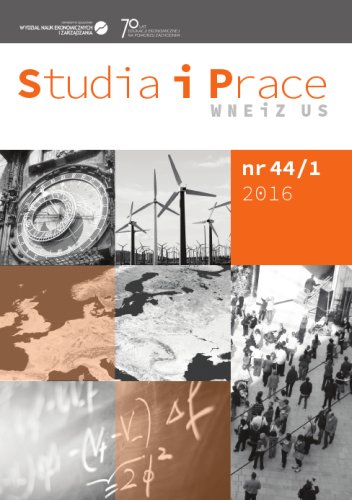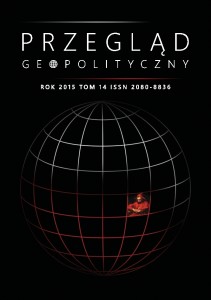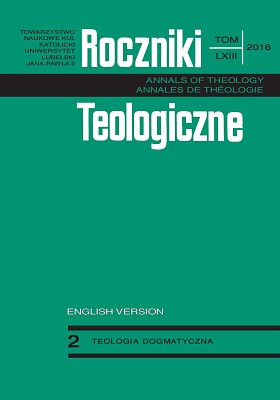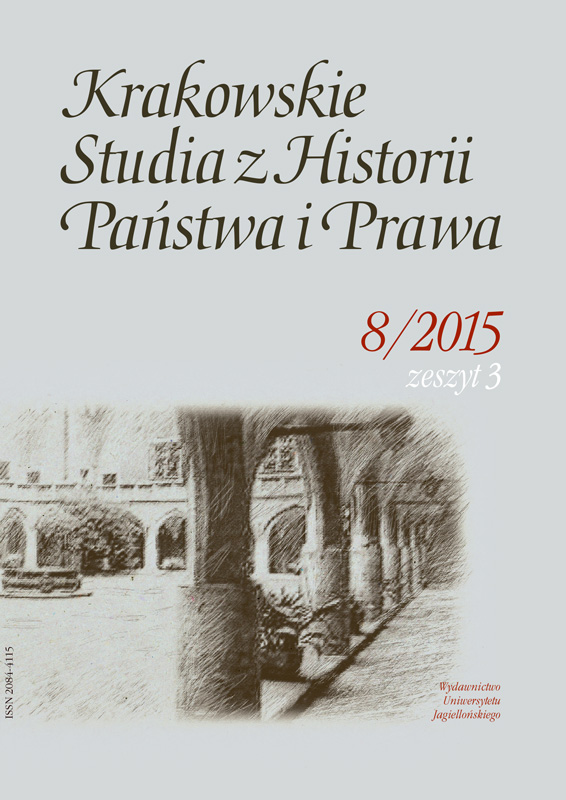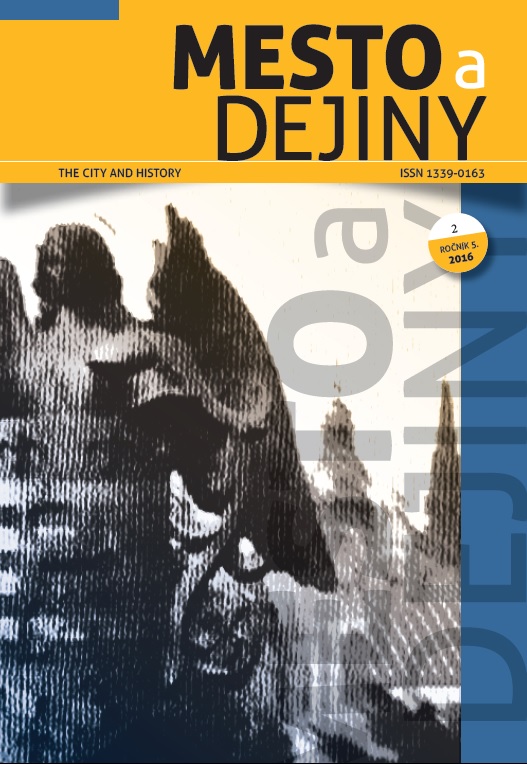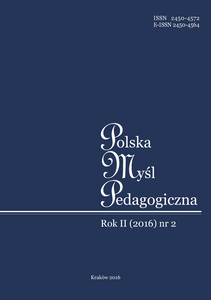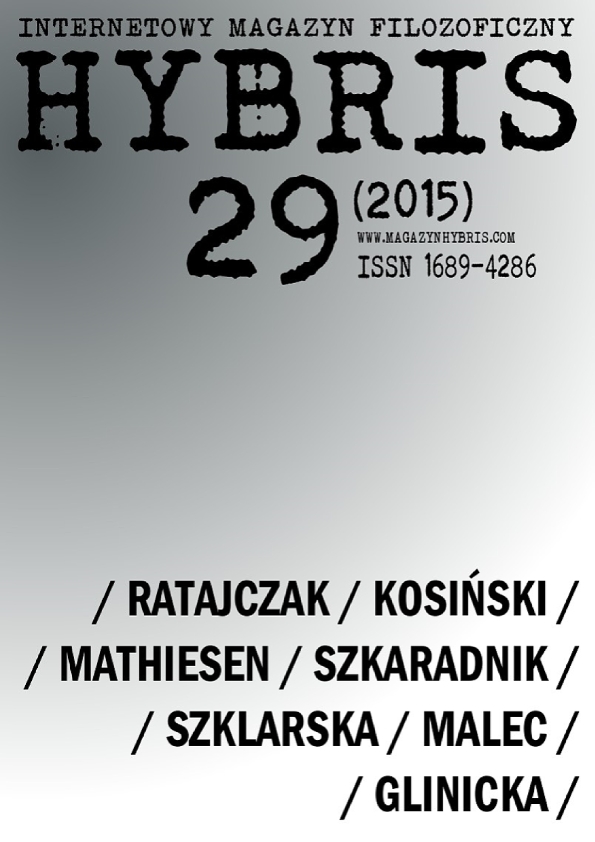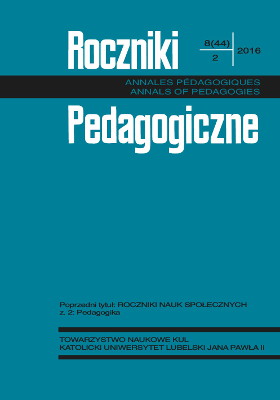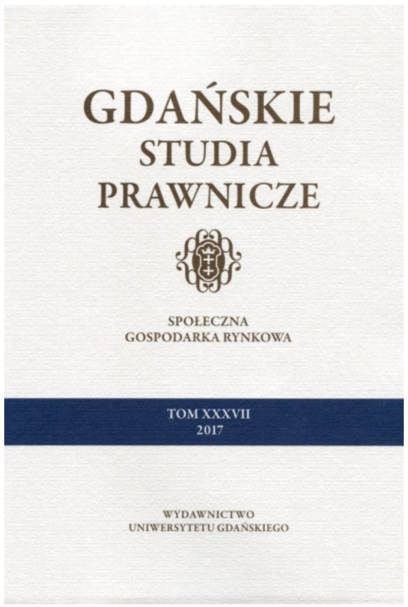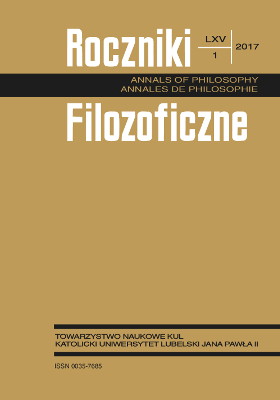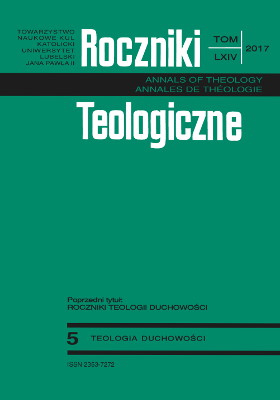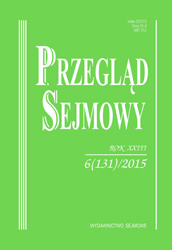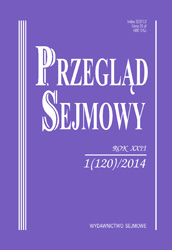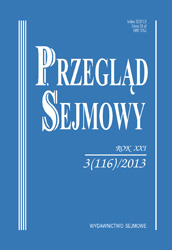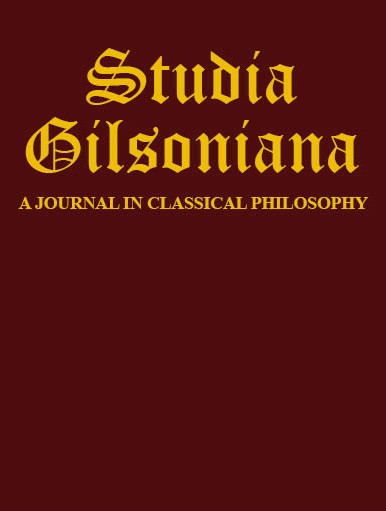
Quo vadis Academia? – Cultural Reconfiguration of Science
Quo vadis Academia? – kulturowa rekonfiguracja nauki
Keywords: Plato; science; ideology; pragmatics; cultural reconfiguration
The ongoing cultural changes indicate that since the Renaissance science has been led into the direction of technology. Its motto is now utility (lat. bonum utile), which has a wider meaning than just usefulness. This is a consequence of replacing in science the paradigm of knowledge with the paradigm of usefulness (cultural reconfiguration of science). The key questions WHY? and FOR WHOM? gave way to questions HOW? And HOW MUCH? Whereas for the ancient Greeks science attempted to determine the causes, for the modern Academia science has become ideological pragmatics. This attitude to science has completely changed its nature. Metaphysical physics has been changed into mathematical physics. This control of science over man derives us of the opportunity to ask ultimate questions (about the source and the aim). Contemporary ideologized concept of science is directed against both theology and religion itself, so, ultimately, it is also directed against man. While appreciating the role and importance of science in culture, we cannot lose sight of its source (gr. ἀρχή), boundary (gr. πέρας) and aim (gr. τέλος). The modern cult of science is only a façade, behind which hides ideology that destroys the world, culture and humanity. The counter balance for such attitude could be provided by the following postulates: (1) not forgetting about the legacy of the past; (2) not renouncing the developments of the present times; (3) cultivating wisdom in culture; (4) returning to methodological order of questions: why?, for whom?, how?, how much?; (5) restoring the proper hierarchy of means and aims, and subject and object. The superior role of the question WHY? must be reintroduced to science and culture, because only then we can live and learn meaningfully! A man who thinks that he has understood the world but has not understood himself might become dangerous.
More...
